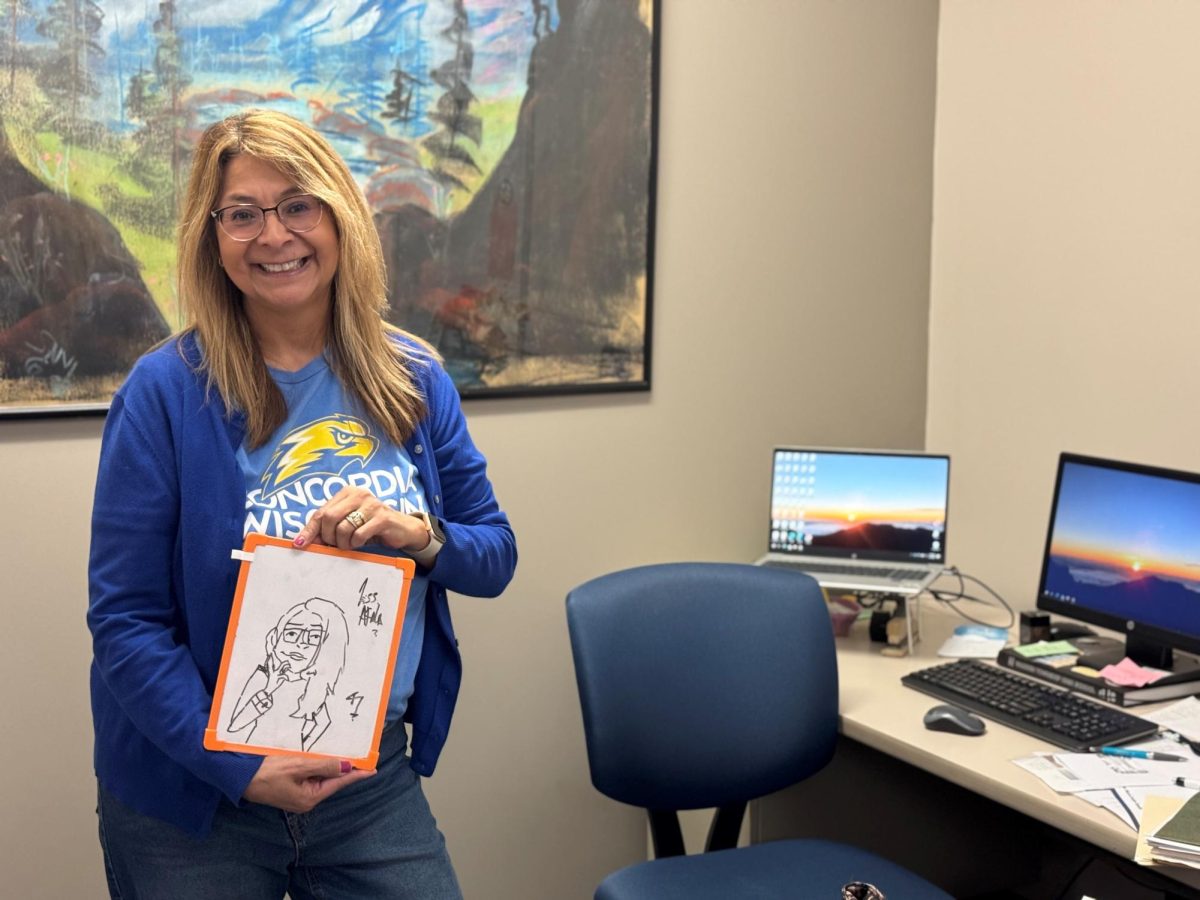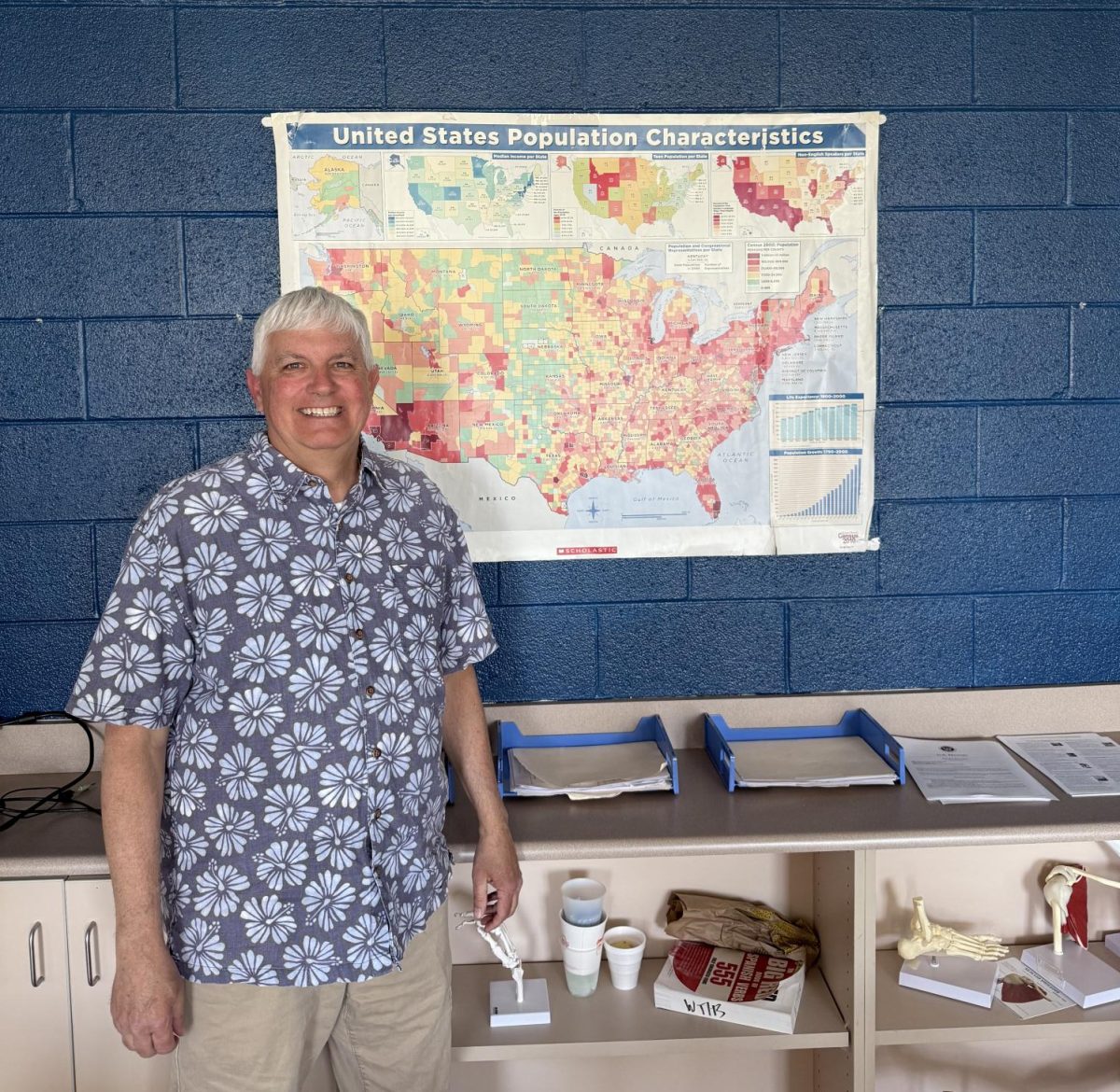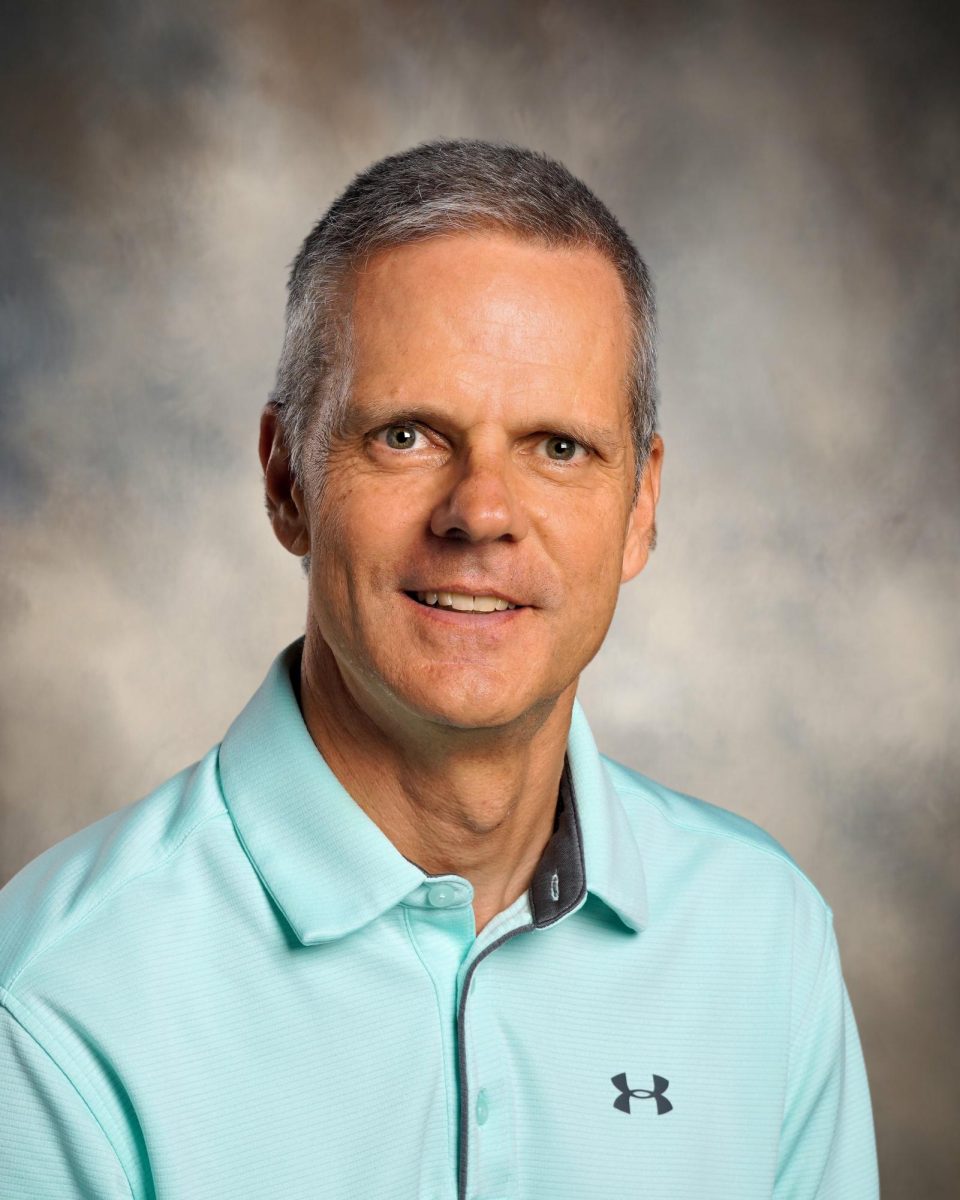The Supreme Court and DACA
May 11, 2020
I want you to imagine this: you are a great student, you are in a great institution, and you are overall excelling in school. Now imagine this: someone wants to infringe on your education because of your current legal status in the United States.
Many students in the United States are going through this right now, particularly DACA students. DACA is a program that defers people from deportation who migrated to the United States when they were children. They get a deferment for two-years. Deferred Action for Childhood Arrivals was enacted August 15th, 2012 by the Obama administration. The constitutionality of DACA is being questioned in the Supreme Court, as of now, to end the program for all under the Trump administration. The Supreme Court will possibly reach its verdict on DACA at the end of June 2020 or in the upcoming weeks.
Ending DACA may infringe on the process of an education for students, those working under a work permit from DACA, and people who serve in the military. A DACA student, shares their initial reaction to finding out the news:
“School is the only thing I know I am okay at, so if I can’t do that, then what else am I about to do?…It’s fear [of DACA ending] that you always have, and it’s moments like these where it becomes pronounced and where it’s the first thing that you are always thinking about in the morning.”
Learning how to understand these emotions coming from a DACA student is key to being able empathize and support our DACA students and staff at Warren. People should be able to communicate effectively when a student comes to them for support. It is important to be a good listener and not make insensitive comments when talking to a person that is facing these hardships. Moreover, if a friend tells you they are undocumented/part of DACA, it is important to be able to listen to them.
At Warren, the only resources for DACA and undocumented students are the social workers, psychiatrist, staff, and students. It is important to reassure our DACA and undocumented community that they are not alone.
Moreover, it is important to not stereotype DACA students, as people in the DACA program can be any sort of ethnicity. To put forth xenophobic comments is not okay. Individuals should take the time to learn the stories of Dreamers in order to understand immigration in the United States. The history of the United States depends on immigrants, and how they have contributed greatly to our society. They are part of our society, whether they are documented or not.
A DACA student shares their experience with migrating to the United States: “I don’t remember the process (of coming to the US), but I just know I was in the US (when I was little)… While everyone was getting their license, I got my social security number, so it was really exciting.”
While this may not be the same for every individual in DACA, it is important to recognize experiences and break away from your conception of what a person’s experience has been like. People should recognize that being born in the United States of America comes with privilege, and being mindful of people’s experiences of migrating to the United States is important.
Overall, these times are uncertain for a lot of people, but being able to educate yourself on the history and stories of immigrants is important. The Supreme Court will have their ruling, and it is uncertain on the outcome. Undocumented or not, they are still part of our history and part of our country. It is important to empathize with the undocumented immigrant community and just keep learning. Their future may heavily rely on this case.









